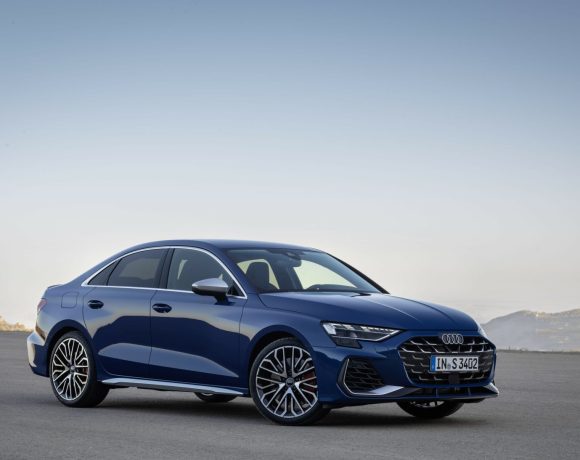Do you know that Chinese EV brands accounted for 62% of global EV sales in 2024?
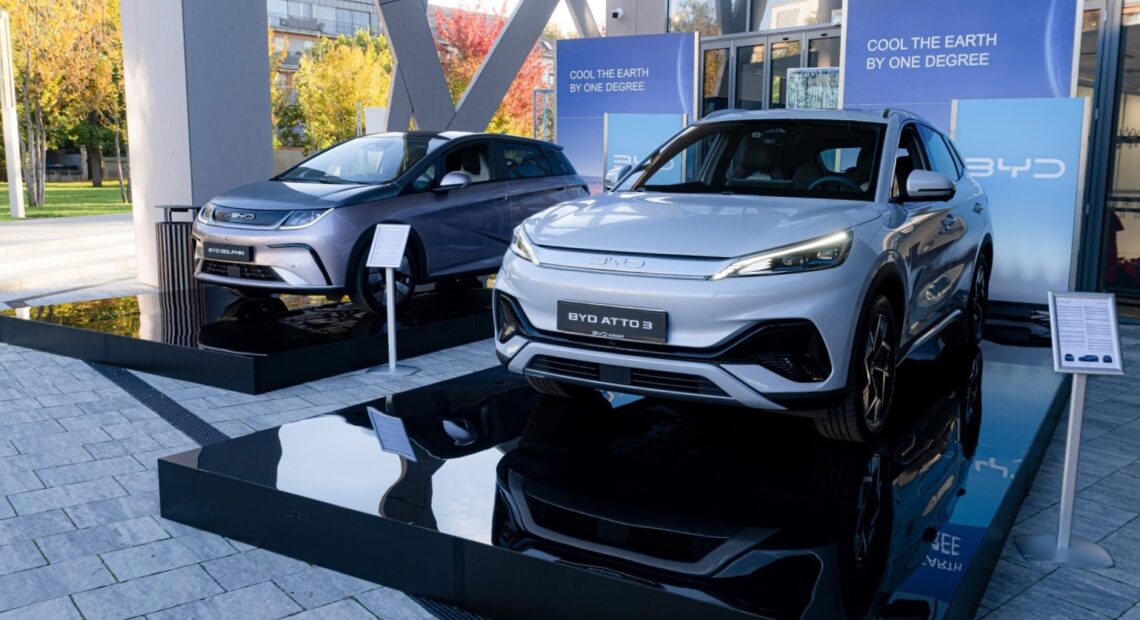
Despite challenges in some regions
China has firmly established itself as the dominant force in the global electric vehicle (EV) market, with its manufacturers leading in both domestic sales and worldwide production. In 2024, Chinese EV brands were responsible for an impressive 62% of global EV sales, cementing the country’s position as the undisputed powerhouse in this rapidly expanding industry.
According to Rho Motion’s EV Sales Quarterly Outlook, China’s influence extends beyond its borders, with Chinese electric vehicles making significant inroads in numerous international markets.
However, Chinese EVs’ market access and presence vary significantly across regions, influenced by local policies, trade regulations, and competition from domestic car manufacturers.
Global EV market growth in 2024
The global electric vehicle market experienced remarkable growth in 2024, with over 17 million units sold worldwide. Chinese manufacturers have aggressively pursued international opportunities, offering affordable EVs that frequently undercut local competitors in price. Chinese EVs’ affordability and advanced technology have been key drivers of their widespread adoption, enabling them to make significant gains in several countries.
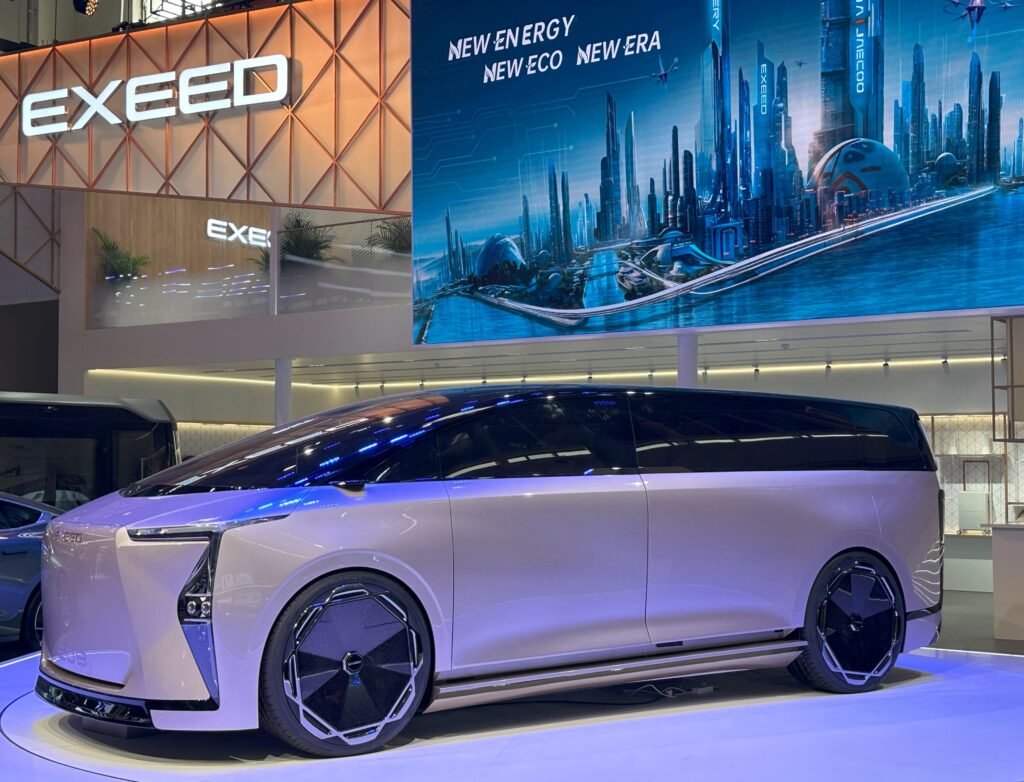
One key factor contributing to China’s dominance is its ability to offer competitively priced EVs. By leveraging economies of scale and robust manufacturing capabilities, Chinese brands have produced electric cars at prices lower than many of their Western counterparts, giving them a considerable advantage in price-sensitive markets.
Limited market access in North America
Despite its overwhelming global success, Chinese EVs face significant barriers in certain regions, notably North America. The United States has taken a firm stance against Chinese-made electric vehicles (EVs), imposing a 100% tariff on all Chinese EV imports in 2024.
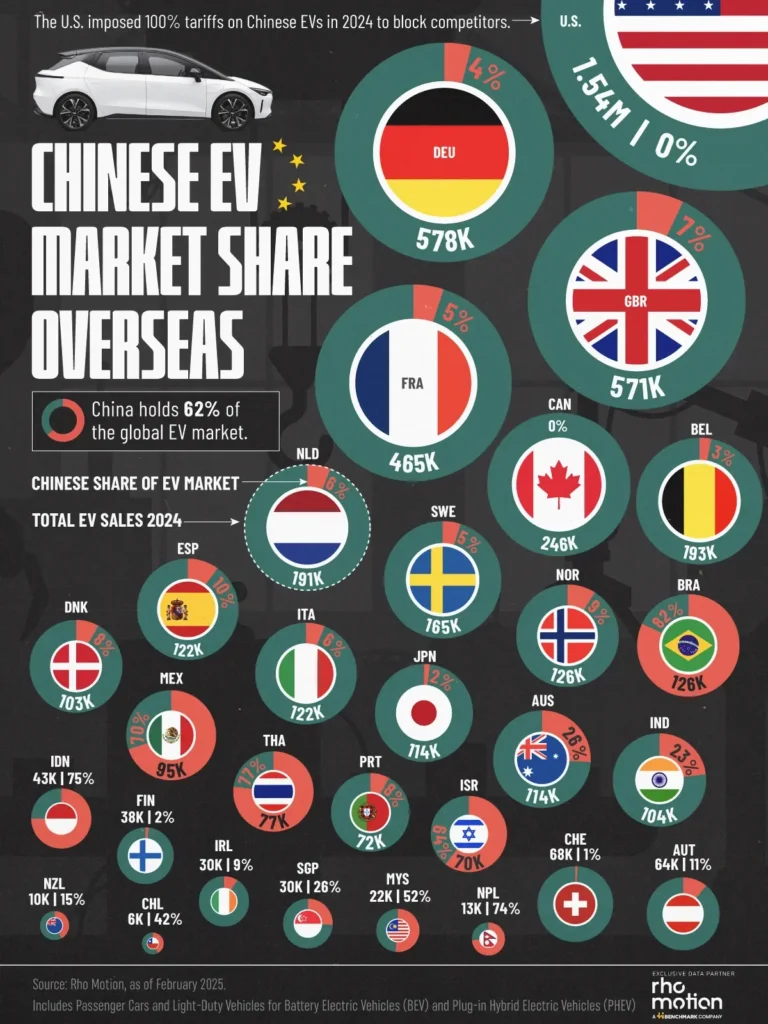
Additionally, the US government has enacted laws banning the use of Chinese technology in EVs sold within the country, citing concerns about national security and technological risks.
With its close economic ties to the United States, Canada has followed suit, implementing identical tariffs and restricting Chinese EVs from entering the market. As a result, North America remains inaccessible primarily to Chinese automakers, marking a significant gap in their otherwise global expansion.
Europe cautiously welcome Chinese EVs
In contrast to North America’s restrictive stance, Europe has been more open to Chinese EVs. However, European policymakers remain cautious, balancing their enthusiasm for affordable EVs with the need to protect domestic automotive industries.
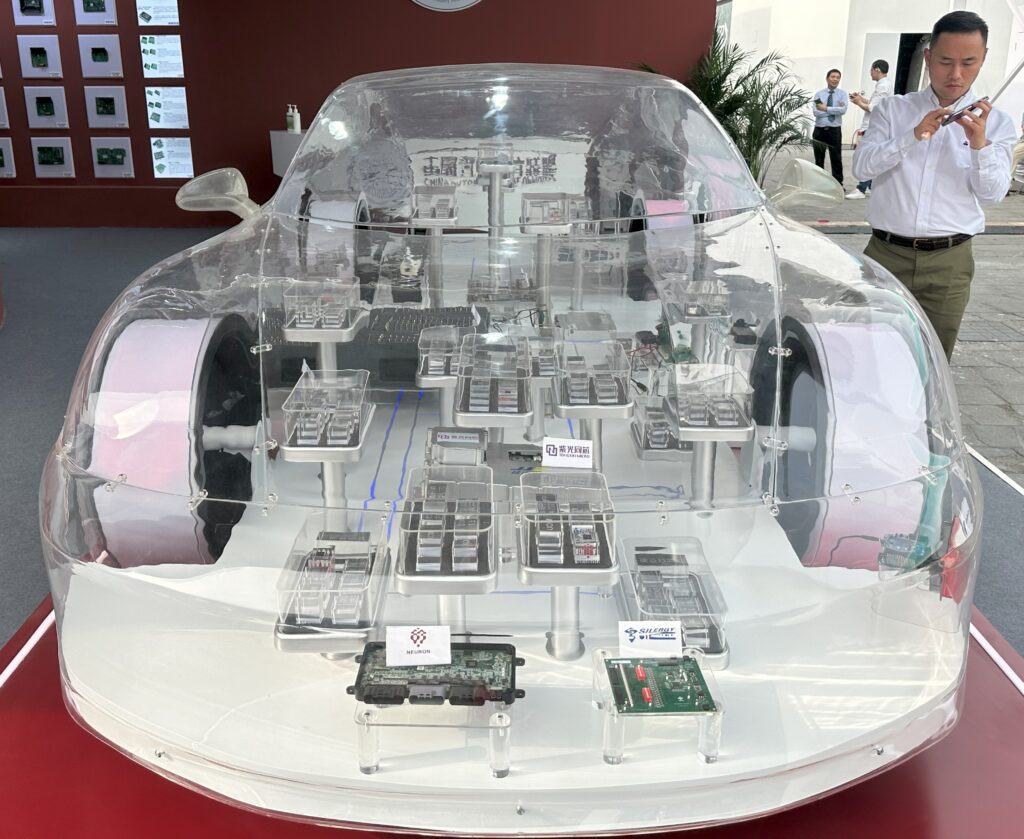
As of 2024, the European Union (EU) introduced variable tariffs on certain Chinese-made battery electric vehicles (BEVs), following an anti-subsidy investigation. Up to 35.3% of these tariffs are intended to prevent Chinese electric vehicles (EVs) from undercutting local manufacturers.
Despite these tariffs, several European countries have experienced significant market penetration by Chinese EVs. Nations such as Germany, the UK, and France have experienced rising sales, although their market share remains modest compared to China’s domestic success.
Chinese EV market share across key global markets
The presence of Chinese EVs varies widely across different countries, with some markets capturing large market shares, while others remain largely untouched. According to the data from Rho Motion, the following highlights show the Chinese share of total EV sales in various large market countries for 2024:
- Brazil: 82%
- Mexico: 70%
- Thailand: 77%
- India: 23%
- Australia: 26%
- Israel: 64%
- Sweden: 5%
- Germany: 4%
- UK: 7%
- France: 5%
- Norway: 9%
China’s dominance is particularly evident in emerging markets, such as Brazil and Mexico, where Chinese EVs account for most sales. In these regions, the affordability and accessibility of Chinese EVs have made them a popular choice among consumers.
The future for Chinese EV manufacturers
As the global EV market grows, Chinese automakers will likely maintain their dominance, especially in regions where they enjoy unfettered access and strong demand for affordable EVs.

While North American markets remain challenging due to trade tariffs and political concerns, the EU and other markets will likely experience continued growth in the presence of Chinese EVs, particularly as more consumers seek cost-effective and environmentally friendly transportation options.
With China leading the charge in EV production, it is clear that Chinese innovation and investment from automakers such as BYD, will continue to shape the future of the global electric vehicle industry. As the world shifts toward cleaner, greener transportation, China’s dominance in this space shows no signs of slowing down.
Hero image: Display of BYD (Build Your Dreams) models in Budapest, Hungary. The Chinese automaker is the world’s leading New Energy Vehicle (NEV) manufacturer. Credit: BYD
Last Updated on 5 days by Arnold Pinto



